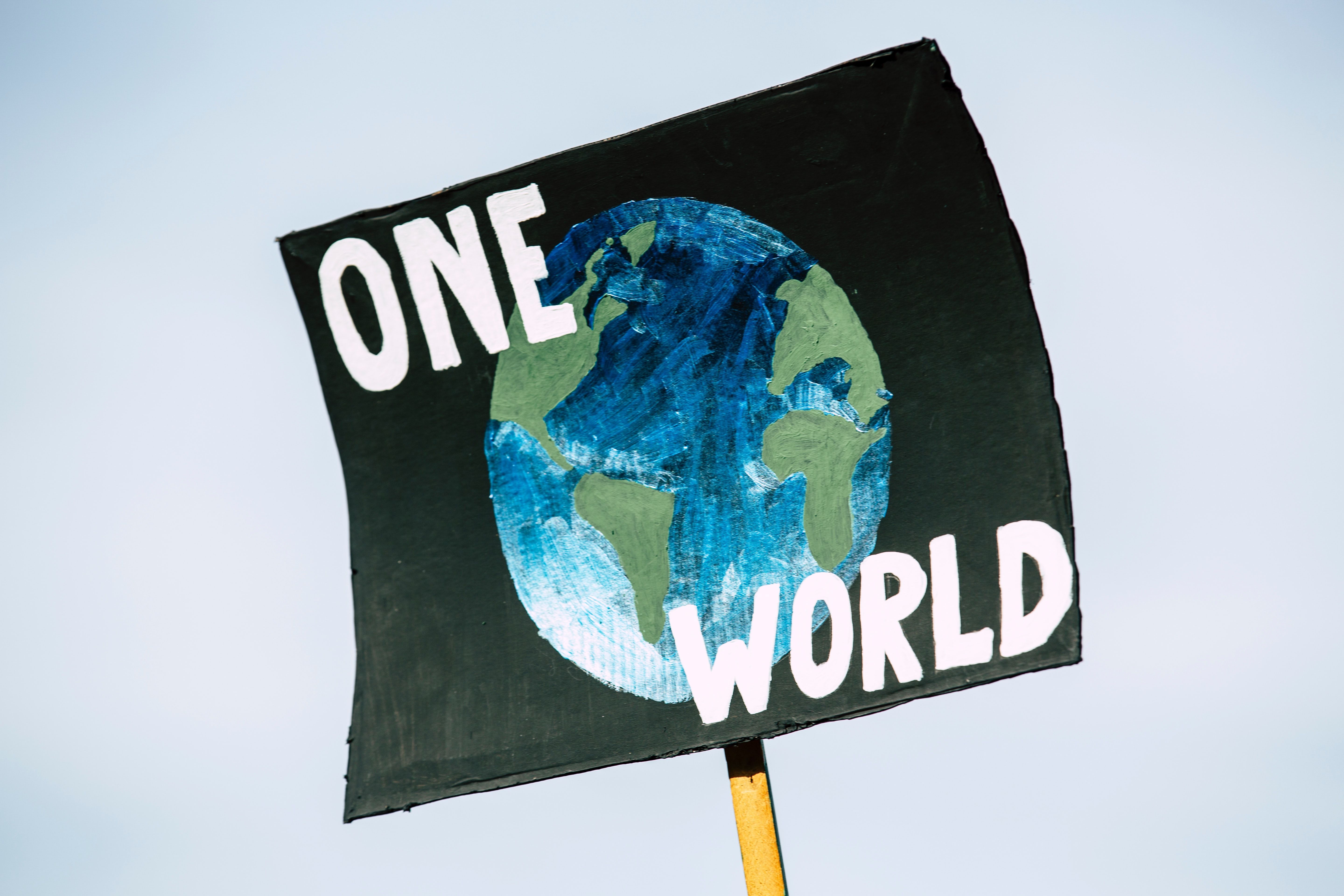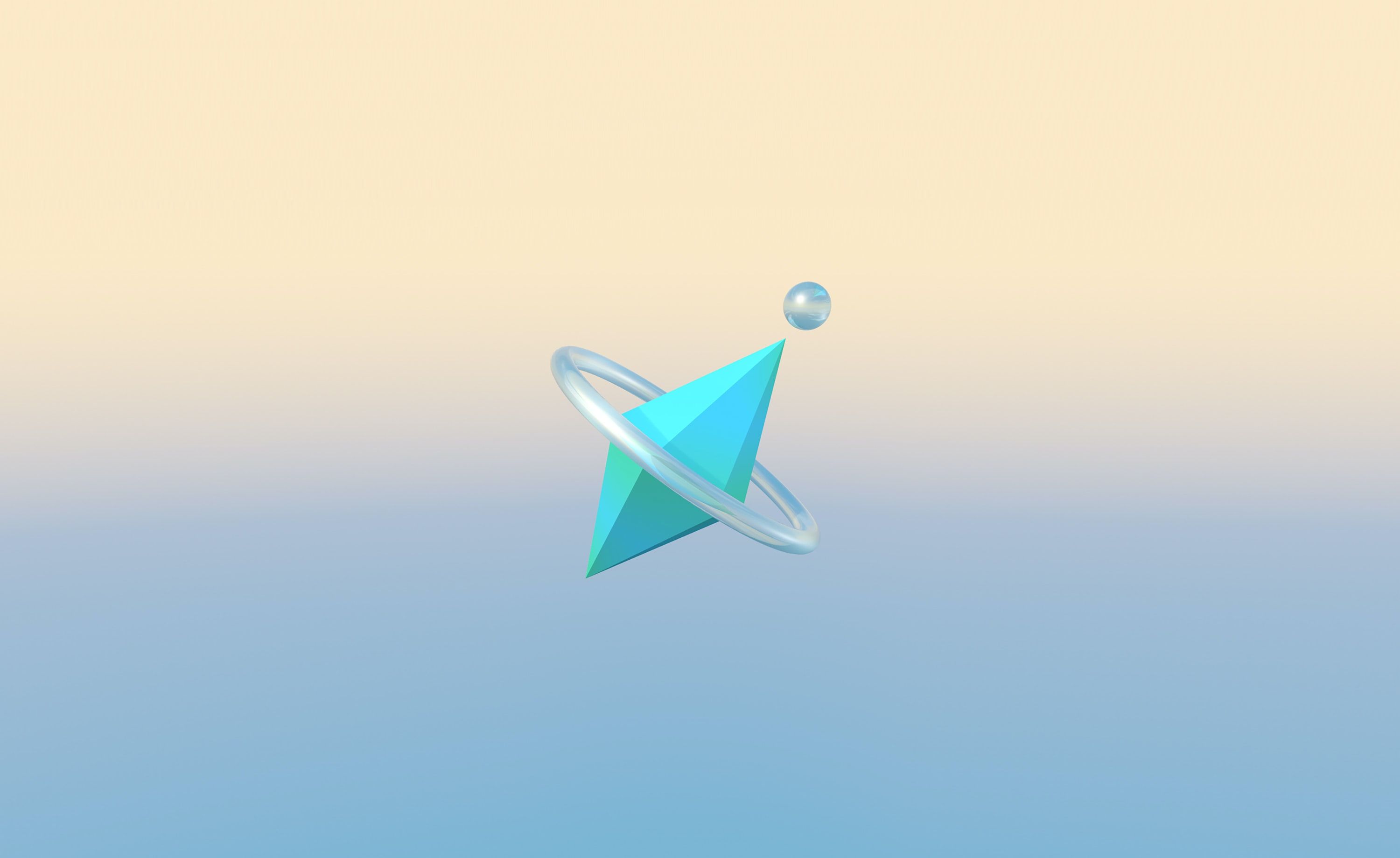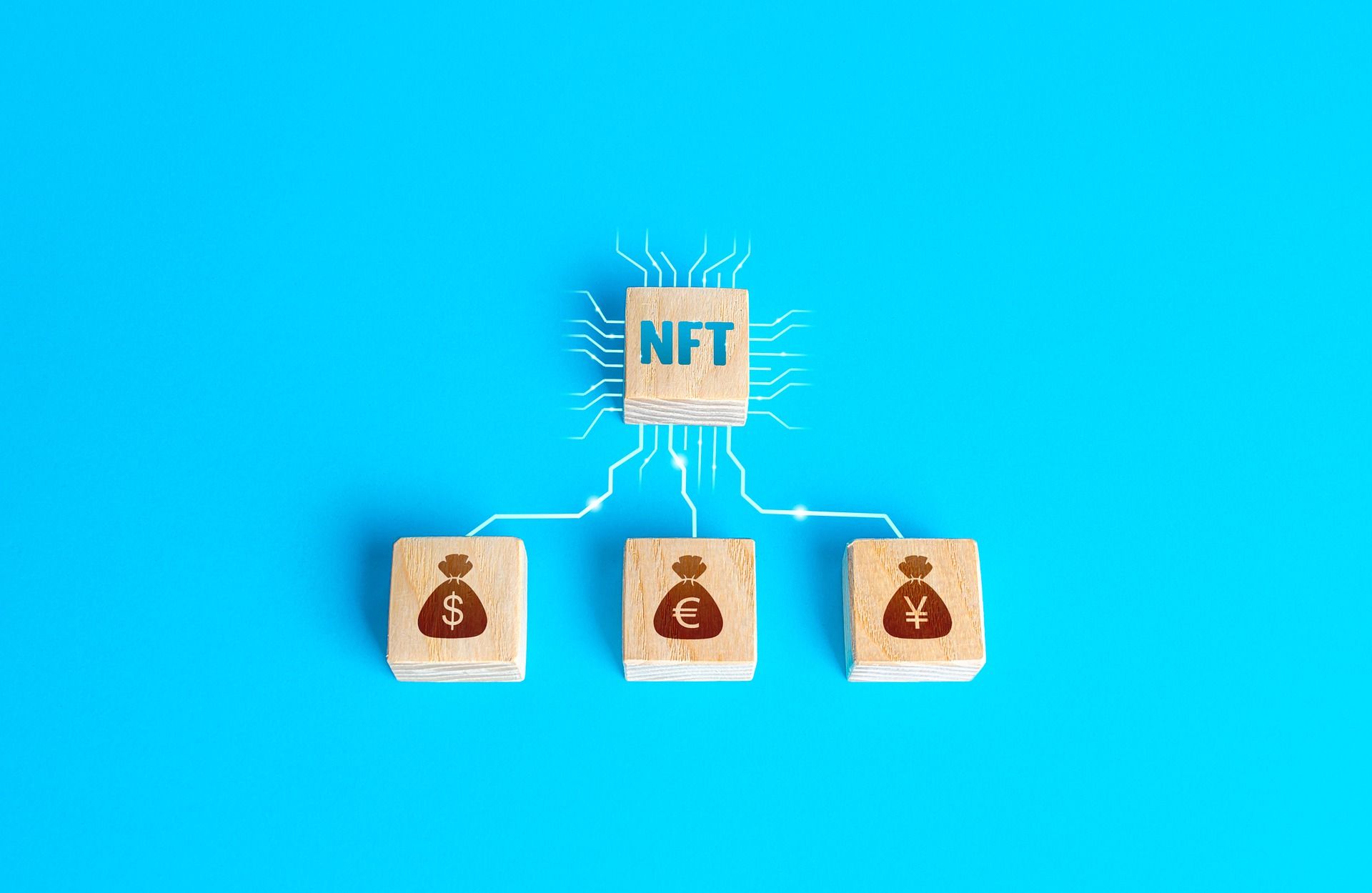An NFT (non-fungible token) is a way to token assets on a blockchain, giving digital assets a unique identity. This unique blockchain identity can be tethered to digital goods such as assets in video games, pieces of art, and even media like music and memes.
NFTs are deeply polarizing. Some people love the idea of "owning" the cute Doge picture, Myspace-style. Others concern themselves with the darker underlying implications that a virtual market may eventually bring to light.
There's a lot to love about NFTs, but ignoring the risks that come along with them is foolish, just like in any other area of life. So read on for some food for thought that might have you thinking twice before buying one yourself.
1. You Might Get Scammed
E-commerce, in a general sense, has always sort of been a gambling man's game. This is why reputable sellers like Amazon have risen to superpower levels of omnipotence—if we aren't picking the product up off of the shelf ourselves, how can we know that the deal is legitimate?
Without a name and a face to trust, the internet really does become sort of like the wild west. There are so many ways to get scammed when buying an NFT:
- Fake marketplaces
- Fake sellers (often impersonating real artists and selling copies of their work at a fraction of what the original is going for)
- Unverified sellers
All of the above will be of concern to buyers, but what about investors? If you're an angel investor, you'll want to be especially wary of fraudulent projects and less-than-trustworthy "artists" trying to get rich quick.
Anything that looks suspiciously cheap or too good to be true should not be something that you pursue further. But, just like in every area of e-com, where capitalism reigns supreme, you'll always find somebody trying to get ahead nefariously.
2. NFTs Are Bad for the Environment
Cryptocurrency has changed a lot about our world, but one problem that cannot be swept under the rug is the industry's unquestionably negative impact on the environment. The computers that generate this blockchain data constantly run and at a very high capacity.
One enterprising duo went so far as to quantify just exactly how much energy these proof-of-work concepts actually consume. They found that it's more environmentally taxing to mine cryptocurrency than mining copper, gold, and platinum. They also estimated that between January of 2016 and June of 2018, crypto-mining alone contributed between 3 million to 15 million tons of CO2 emissions to our current environmental situation.
Environmentalists slam other industries and heavyweights for negative environmental externalities of this magnitude; why should those doing the same in crypto be any exception?
3. NFTs Aren't Art, and They Don't Protect Artists
Students of the old school of modern art often contend that the Van Goghs and the Dalís of our time never saw the light of day "because kids nowadays are lazy." This is sort of true, but work ethic is not necessarily the culprit—money is.
Some amount of success in the world of NFTs certainly comes down to sheer luck. The owner of the Doge pup probably didn't expect that a random photo of her dog would be worth more than $4 million in 2021, to name one freak example. One could certainly argue that the same notion applies equally to the world of art as it exists currently, but it doesn't have to.
If you take a stadium full of people and show them all a couple of memes in succession, you can probably come up with some idea of the ones that would get a laugh from, say, all of the men in the stands, or from all of the members of the working class.
This type of "popular opinion" exists for a good reason: many of us share the same problems in life. Poor people laugh at the fat man, smoking his cigar alone in opulent comfort. The rich ridicule the unwashed masses, lost in their own ignorance and circumstance. Everybody hates something in life, and when two people hate the same thing, they relate to one another over it and develop a lexicon.
The difference between "popular" art and fine art: popular art lampoons the human experience as we see it and don it today, making light of things that we fear and despise, helping us pass our time. Fine art acts as a beacon of light, beckoning us away from the frivolity of the past, toward a brighter and more equitable future. They perform two totally different functions in society. When we mistake one for the other, we degrade morally and suffer.
We're not saying that low-brow art can't or shouldn't exist. We argue that these less serious endeavors should not be held at the forefront, especially at the expense of real culture. When you incentivize cheap thrills and low-hanging gags exclusively, art becomes a zero-sum game. It has been robbed of its purpose.
Who decides what should be considered "real" art? In an ideal sense, curators, the most thoroughly human among us, working authentically and from the heart. In reality, however, the one who decides usually ends up being the one with the means to buy. Supply and demand is a very simple concept; if an artist sees that producing something silly, cheap, or generic is enough to get them paid, they generally never seek to push beyond the whim and fancy of whoever's signing the dotted line.
NFTs could be used to incentivize the most dedicated, earnest, and honest artists in the world to produce the greatest works of their lives. Instead, we're swapping trading cards of digital cyberpunks like middle-schoolers.
If the powers that be (i.e., those with game-changing stacks of money to blow) decide to invest exclusively in Nyan Cat NFTs, Rembrandt starves, and the future never has a chance to remember him and to engage with his work.
4. You Never Actually "Own" An NFT
"The ownership records themselves are the digital equivalent of Beanie Babies: cute little nothings that have no value beyond what someone else will buy them for."
— Nicholas Weaver
Is value consumptive by definition? If an image can be enjoyed by millions of people, is it valuable in the same way that an apple is? Only one person gets the apple, and the same can certainly be said in favor of a more traditional definition of art—a single span of canvas or a single sculpture, awarded to a single collector.
So the old joke goes: why would I want to buy the Mona Lisa for $860 million when I could just look at a picture of it on Wikipedia for free? You don't necessarily need to own a piece of intellectual property in order to enjoy it all the same. Is this stealing, though? If so, who are we stealing from? The "owner" of the artwork or the person who created it?
For small-timers like us, in our own petty and brief lifetimes, these consequences will be largely invisible, delegated to those who will be inheriting what we've created together. What do all of these individual consumer positions amount to in the long run collectively?
The state of the economy at any given time, arguably, ends up being the bedrock of society, at least in a modern sense. We become who we strive to be every morning, so to speak, and our voices carry on.
Our parting thought here is not that fun and popular NFT collectibles should be outlawed; in fact, we could not possibly imagine a bigger waste of time. Instead, we need to rethink how best to exploit this concept, not just for our own entertainment, but for the sake of tomorrow, and perhaps the next day, too.
Bread, Circuses, and Smoke on the Water
Are experiences devoid of inherent value? To assert this notion is to discount entire sectors of our economy, such as the music industry, as bunk.
In this vein, we need to emphasize that just because many NFTs are light-hearted in terms of creative content doesn't mean they're something we don't need to take seriously as artists, investors, and technologists in a general sense—quite the contrary.
The economy does not work like a physics engine in a video game; it runs on what people can afford and what they actively seek out once their most basic needs have been met. We, ourselves, are the arbiters of value, and with great power comes great responsibility.
In economics, there is no telling people what they should do. They're going to take the path of least resistance, and, with every dollar earned and spent, we lay another tile down before us. My wealth builds off of your wealth; the ones who eventually win that wealth are the ones who end up surviving and authoring the future, for better or for worse.




